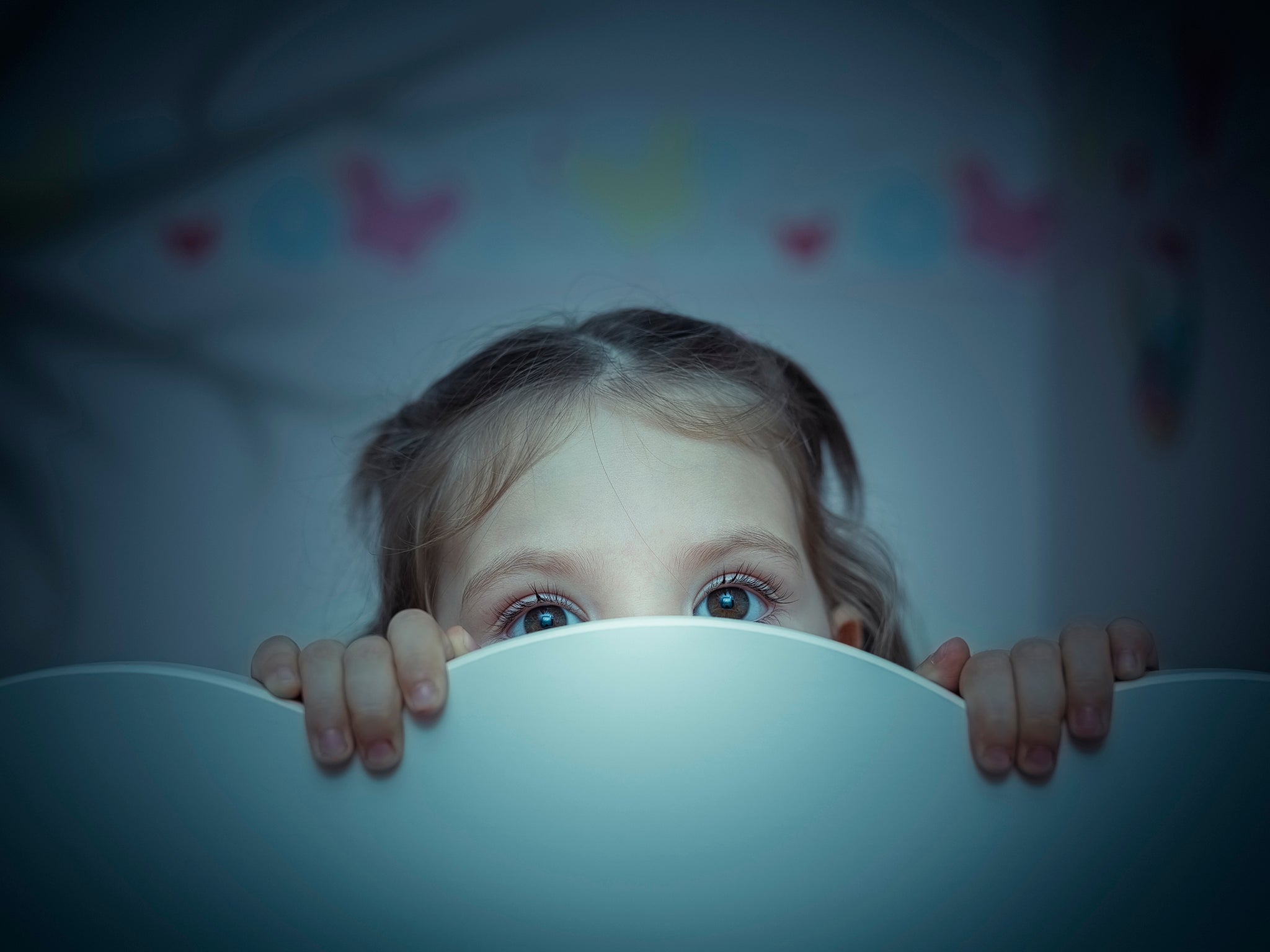Sleep-related hospital admissions on the rise among children in England, new figures show
Figures show cases have increased from 5,675 in 2012-13 to 8,299 for 2017-18

Increasing numbers of children in England are being admitted to hospital with sleeping disorders, new figures show.
Data from NHS Digital found babies and pre-school children were among those being treated for a host of sleep-related problems such as suffering from insomnia, nightmares and sleepwalking.
The most common complaint was for sleep apnoea, a breathing problem that leads to repeated waking up in the night.
The figures show sleep apnoea accounts for nearly nine in every 10 (87.8 per cent) sleep-related hospital admissions for under-16s in England since 2012-13, according to analysis by the Press Association.
There has been an overall rise in the number of sleep apnoea cases every year in that time, with the exception of a one-year dip in 2015-16.
The figures show cases have increased from 5,675 in 2012-13 to 8,299 for 2017-18. Overall sleep-related disorder admissions in children aged 16 and under increased every year.
This was up from 6,520 in 2012-13 to 9,462 last year.
During that six-year period, the number of baby boys being admitted with sleep apnoea significantly outweighed baby girls. Between 2012-13 and 2017-18, a total of 685 boys aged under one were seen for the condition compared with 378 girls.
The figures showed there were 316 reports of admissions related to children experiencing night terrors from 2012-13 to 2017-18, while there were 357 suffering with insomnia.
A further 68 were seen by hospital staff due to problems with sleepwalking, the data showed.
There were also 470 cases involving narcolepsy, which causes sufferers to fall asleep at inappropriate times, and cataplexy, which is related to narcolepsy and affects muscle control.
Press Association
Join our commenting forum
Join thought-provoking conversations, follow other Independent readers and see their replies
Comments
Bookmark popover
Removed from bookmarks